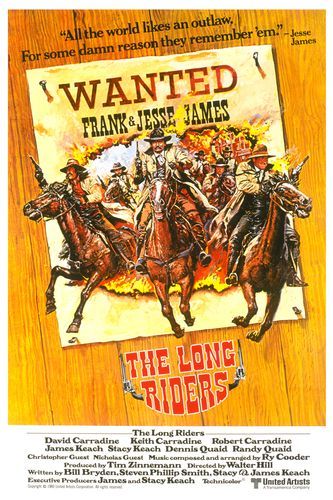USA’s new series “Royal Pains” is about Dr. Hank Lawson (Mark Feuerstein), who serves as a “concierge doctor” to the rich and semi-famous residents of the Hamptons. In the course of the show, there are some unfortunate public policy claims made. In the second episode, entitled “There will be food,” Dr. Hank is trying to provide health care to a not particularly well-to-do fisherman. Hank gives a short lecture on price gouging and hospitals “screwing” people. A heavily discussed theme in this episode involves the need for a free clinic for the regular people who make the Hamptons run and the selfishness of the person who would have been the biggest donor to the clinic who is instead spent his money on a retirement party for a ballerina. In any case, the dialogue for this segment that I would like to focus on is as follows:
Dr. Hank Lawson: I’m back.
Fisherman: I’ll get my harpoon.
Hank: As inviting as that sounds, I won’t stay long.
Fisherman: The doctor’s mantra.
Hank: But you know for what it is worth, I am not a big fan of hospitals myself. In fact, I just got fired by one a few weeks ago.
Fisherman: Well, that is reassuring.
Hank: Naw, not for medical reasons. Look, hospitals are bureaucracies, right? Bureaucracies screw people, they overcharge you if you are insured, and they really do it if you are not, just because they can. You get zero leverage and no alternatives, so you get screwed. It is like out here with the gas docks when they price gauge after a hurricane. The system sucks. But you are sick and you are going to get sicker if you don’t get treatment. I would like to help you.
Fisherman: That is what they all say. Then the bill comes.
Hank: there is no bill. No, I am going to be here for you week in, week out. No red tape, no forms, no harpoon, just me.
Fisherman: So, what is the catch?
Hank: You are the fisherman, you tell me.
It seems like you can’t watch a doctor show without it constantly making digs about medical insurance and the uninsured.
Here is the problem that is faced after a hurricane — people want more gas than is available. Higher prices allocate gas purchases to those who value the gas the most. When prices aren’t allowed to rise, gas stations in many states resort to “putting up signs asking drivers to buy as little gas as possible.” Drivers aren’t apparently too thrilled by that idea. One news story quoted one driver as calling the signs “ridiculous.” Another asked why shouldn’t he buy more, why should he risk running out of gas?
It is quite common for consumers and politicians to complain about prices before a storm even hits. But higher prices before the storm reduce consumption and increase inventories and thus reduce how much prices will rise after the storm hits. The overall increase in price will actually be less.
The possibility of higher prices when disasters strike also gives oil companies an incentive to put aside more gas to cover those emergencies. Storing gas is costly, and if you want them to bear those costs, you had better compensate them. The irony is that letting the companies charge higher prices actually reduces customers’ total costs when you include such things as having to wait in long lines, because there will be more gas available when the disaster strikes.
Memories have apparently faded too much after the 1970s gas shortages. Price controls didn’t stop the cost of gasoline from rising. They just changed how we paid for them. Instead of prices rising until the amount people wanted equaled the amount available, chronic shortages of gasoline had Americans waiting in lines for hours. Yet, the supposedly permanent shortages disappeared instantly as soon as price controls were removed in 1981.
Everyone would like to have lower prices. The problem is that when people want more gasoline than is available, you either let prices rise or you have shortages.
The second issue in this short segment from “Royal Pains” is the claim that everyone, especially the uninsured, are dissatisfied with how the medical system works. In fact, a 2006 survey found that 89 percent of Americans were satisfied with their own personal medical care, while only 44 percent were satisfied with the overall quality of the American medical system. Yet, even 70 percent of the uninsured were also satisfied with the quality of the medical care that they received. To put it differently, only 2.3 percent of people are both uninsured and very dissatisfied with the quality of their medical care and a mere 3.9 percent are both uninsured and dissatisfied in anyway with their medical care.
As to the fisherman’s concern that doctors don’t spend enough time with patients, Americans spend much more time with their doctors than do patients in other countries such as Canada, Australia, and Britain. While 30 percent of Americans spend more than 20 minutes with their doctors, only five percent of Brits spend more than 20 minutes.

COMMENTS
Please let us know if you're having issues with commenting.